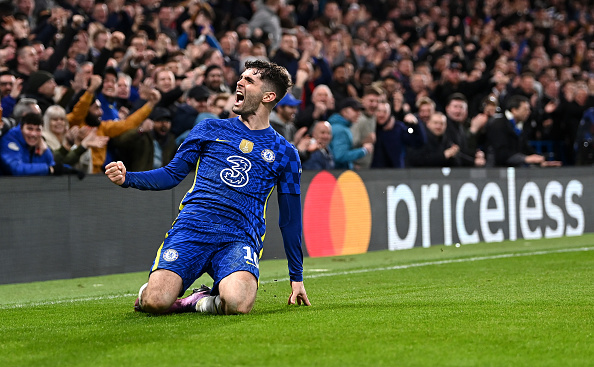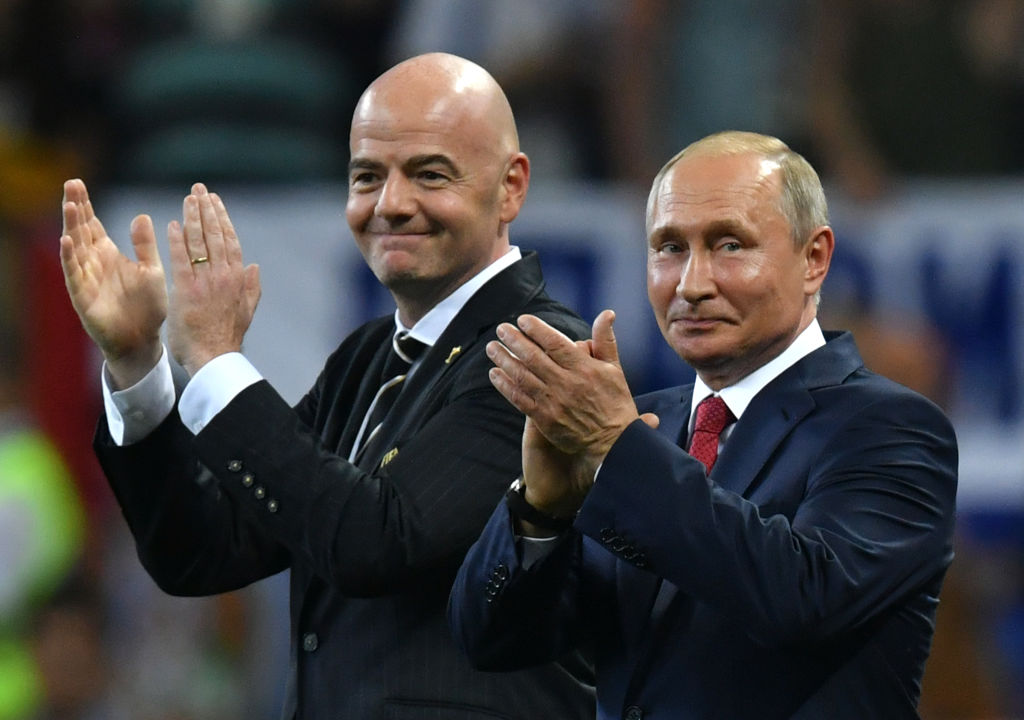Saudi Arabia’s PIF and Amanda Staveley should have waited to buy Chelsea instead

I can’t help thinking that Amanda Staveley and her consortium have bought the wrong football club. Had they waited just five months they could have had Chelsea FC rather than Newcastle United.
A mooted £3bn price tag may be 10 times the price paid for the Magpies, but still well within the means of Saudi Arabia’s state investment fund. Is a switch out of the question?
At the moment we are dealing in rumour and counter-rumour about the state of Roman Abramovich’s sale of Chelsea. Could it happen quickly, or will this be a process with a conventional timetable that runs to months?
Could possible government sanctions on the Russian owner yet complicate the equation? And what to make of the valuations bandied around to the media?
As to price, Abramovich has said that he is not going to call in his £1.5bn loan to the club. But does this mean he intends to write it off, or leave it as a debt for any new owner to shoulder?
In short, does a suggested £3bn price tag encompass everything, or does it mean that the enterprise value the Russian is placing on Chelsea totals £4.5bn. That’s a huge rounding factor.
And if you fancied spending such sums on a trophy asset in SW6, you’d surely want a stadium to match. It has been reported that resurrecting plans to rebuild Stamford Bridge to a 60,000 capacity have ballooned to £2.2bn. Abramovich, you may remember, allowed planning permission years in the making to lapse in 2020 after the failure to renew his UK visa.
Either the sums being mentioned are fanciful, or Abramovich’s advisors are going to have to look beyond individual billionaires in search of a preferred bidder.
When we are told that they will avoid parties likely to prove controversial, I read this as shorthand for them not wanting to get bogged down in Premier League approval processes in the rush to get a deal concluded quickly.
Which is where the Saudi Public Investment Fund could yet come in. Amanda Staveley told an FT conference last week that they had been given the chance to look at Chelsea in the past.
But no doubt they would have taken a very different view of their ability to get a deal done then – whenever that was – than they would do now that a sale process has been confirmed publicly. And it would be hard for the authorities to block the PIF when they have only just deemed them to be fit and proper owners.
Could the Saudis yet jettison Newcastle in pursuit of the bigger prize? Perhaps their consortium would split, leaving Staveley up north and the big money down south. Maybe they could effectively gift the club to the people of Newcastle, creating the highest profile community club yet.
Why might they even contemplate crystallising an immediate multi-million pound loss? Simply because of the lure of London and the global glamour of the Chelsea name.
And how would the Saudis feel if Qatar decided to mirror its ownership of Paris Saint-Germain by adding Chelsea to its sporting stable? Controversial owners maybe, but hard to rule them out when they are hosting Fifa’s World Cup.
Through the looking glass
Do you really know who owns the club you support, or who funds the event you are watching? You may have some idea depending on the profile of the organisation in question. But beyond the biggest outfits which command most media scrutiny, transparency is far from the order of the day.
There must be merit in each sporting organisation being compelled to carry a simple, clear register of its ultimate beneficial owners and funders in a prominent position on its website. This register would be signed off by the relevant governing body for the sport concerned and drawn up according to a set template that allows comparison across organisations.
Yes, the detail would raise questions and prompt further research for those who cared to conduct it, but it would inform your allegiances and help clean up sport’s act.
Get the airbrush out
After two decades in power during which sport has been used as a geopolitical weapon, it’s no surprise that you can find any number of photos of sporting leaders alongside Vladimir Putin. Typing “Putin + [insert name as appropriate]” into Google can be a trivial diversion from the grim news out of Ukraine.
No surprise that Gianni Infantino brings up a host of images, all smiles. I was bemused, though, when I failed to find any photos of one prominent leader with Putin that I’m sure existed. Which just goes to show that the internet can be airbrushed if you’re prepared to try hard enough.

Not sitting on the fence
It took 13 days of war before the Premier League and English Football League suspended their Russian broadcast contracts – which are worth only a few million pounds a year, apparently.
France’s Ligue 1 pulled the plug before a weekend of fixtures, not after. Couldn’t England’s clubs have shown greater urgency in making their small gesture?
Contrast this lack of pace with Britain’s junior women’s epee team who, just as the war began, pulled out of a European Championships match against Russia, so cratering their own chances in the competition.
This action set in place a domino effect that led to Russia’s withdrawal, to the benefit of other nations but not GB. Selfless. Right.
Imogen Bulman, Julia Caron, Hannah LeBor and Rachael Lever. Remember the names.
Urge to merge
The Beijing Winter Paralympics are thin fare. No reflection on the athletes – there are simply too few of them. Understandably so given the combination of snow sport and disability involved.
I’ve always resisted those who call for the Olympics and Paralympics to be merged for fear of drawing attention and opportunity away from elite athletes with a disability.
But let’s trial a winter merger in Milano Cortina in 2026. My sense is this would give disabled athletes greater recognition than they are currently enjoying in China, even allowing for the shadow of war.
Ed Warner is chair of GB Wheelchair Rugby and writes at sportinc.substack.com.
